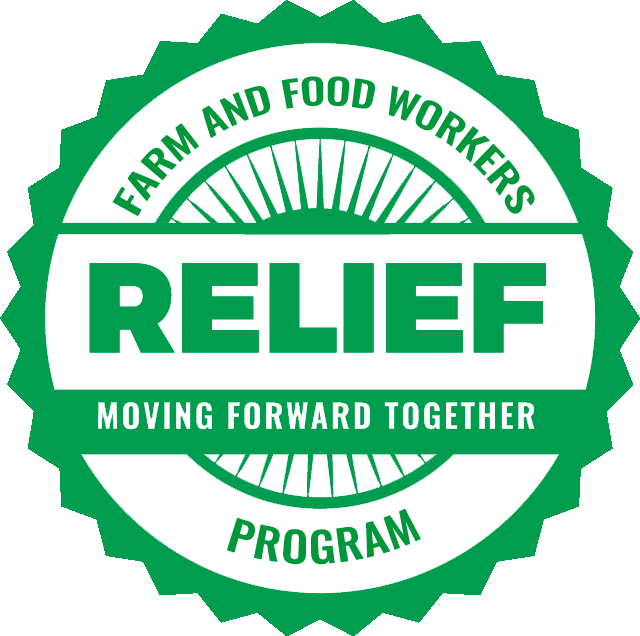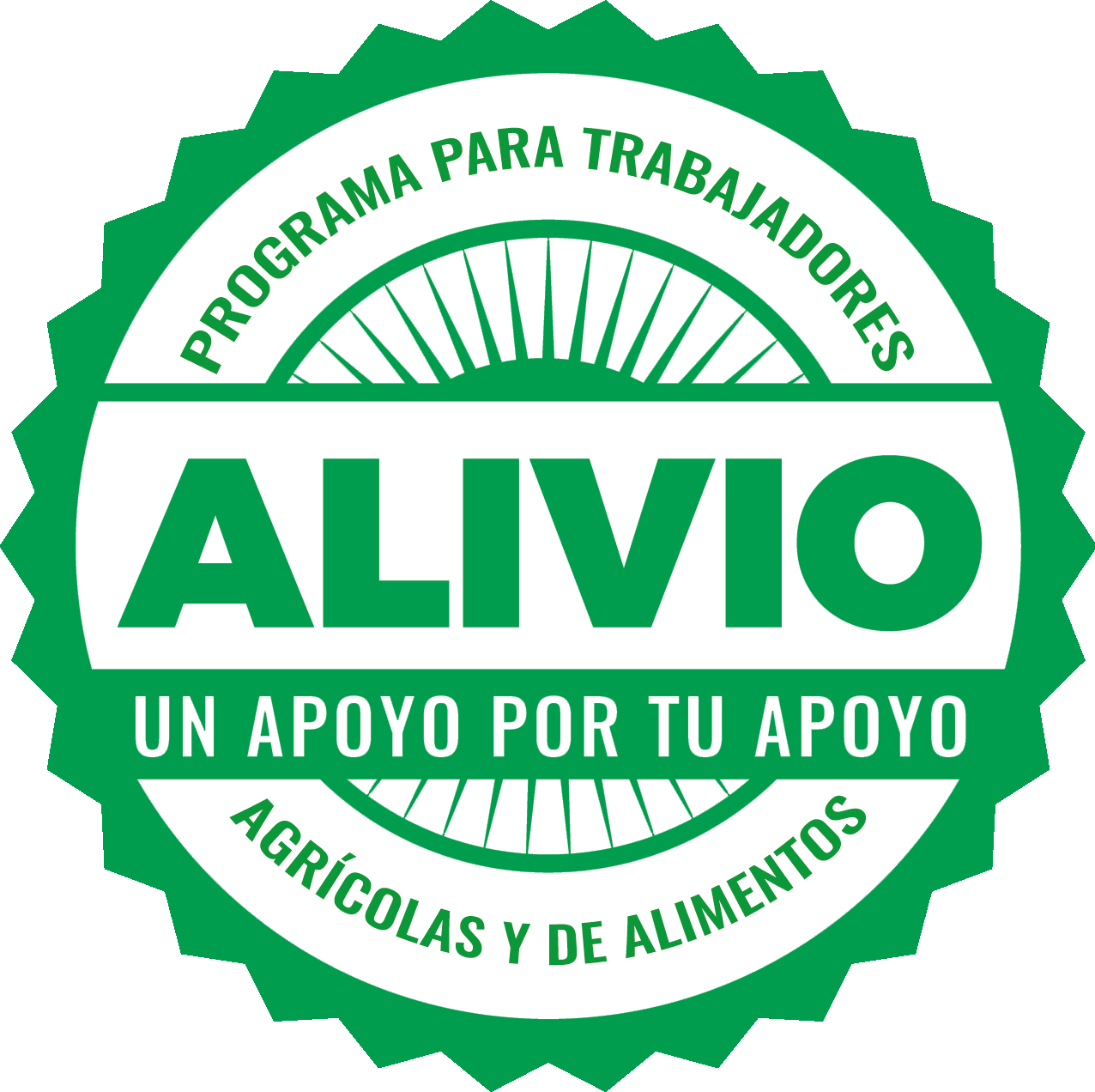


Our online application is open! Apply Now



Beginning March 1, 2023, frontline farm workers and meatpacking workers who incurred expenses preparing for, preventing exposure to, and responding to the COVID-19 pandemic can apply for a one-time $600 relief payment through this website, which is administered by Pasa Sustainable Agriculture.
Pasa Sustainable Agriculture is one of 14 organizations and one tribal entity working with the U.S. Department of Agriculture (USDA) to distribute one-time $600 relief payments through the Farm and Food Workers Relief Program.
Eligible frontline farm workers and meatpacking workers from the following 14 states can apply for a relief payment through this website: Connecticut, Delaware, District of Columbia, Maine, Maryland, Massachusetts, New Hampshire, New Jersey, New York, Ohio, Pennsylvania, Rhode Island, Vermont, and West Virginia.
Applicants outside of these states will be eligible to apply for relief payments through other organizations. Click here to find organizations selected to distribute FFWR relief payments in your region.
Additional information:
Applicant must live or work in the following states:
Applicants outside of these states will be eligible to apply for relief payments through other organizations. Visit ams.usda.gov/services/grants/ffwr to see the list of organizations selected to distribute FFWR relief payments in your region.
Applicant must provide acceptable (1) photo identification and (2) proof of employment as a farm worker or meatpacking worker within the U.S. and its territories during the period between January 27, 2020 and May 11, 2023.
Youth (under the age of 18) are eligible for a relief payment. Youth must provide the same documentation as described below.
Acceptable photo identification includes:
Acceptable proof of employment includes:
Applicants must have been employed as a frontline field worker, livestock worker, or meatpacker worker.
Hired workers are defined as anyone, other than an agricultural service worker, who was paid for at least one hour of agricultural work on a farm or ranch, or in a meat processing facility. Worker type is determined by what the employee was primarily hired to do, not necessarily what work was done during the pandemic.
The relief payment is not intended for farm or meatpacking managers, however an applicant can meet eligibility criteria with sufficient proof as a frontline worker in eligible activities as described.
Eligible frontline workers include those who performed any of the following jobs at some point between January 27, 2020 and May 11, 2023.
Please review the descriptions of eligible frontline work activities and note the corresponding Standard Occupation Classification (SOC) codes. SOC codes are used by the Federal government to classify occupations. You will need to select one of these codes when you apply. Again, eligible applicants across these worker types should be frontline workers, and not those working in management positions.
Graders and Sorters, Agricultural Products (Field Workers – 45-2041)
Agricultural Equipment Operators (Field Workers – 45-2091)
Farmworkers and Laborers, Crop, Nursery and Greenhouse (Field Workers – 45-2092)
Agricultural Workers, All Other (Field Workers – 45-2099)
Packers and Packagers, Hand (Field Workers – 53-7064)
A list of qualifying crops for field activities can be found here.
Please note, most landscaping work is not eligible. Some applicants may be approved if they also grow plants and are consistently returning to tend to the same plants.
Graders and Sorters, Agricultural Products (Livestock Workers – 45-2041)
Farmworkers, Farm, Ranch, and Aquacultural Animals (Livestock Workers – 45-2093)
Agricultural Workers, All Other (Livestock Workers – 45-2099)
Packers and Packagers, Hand (Livestock Workers – 53-7064)
Slaughterers and Meat Packers (Meatpacking Workers – 51-3023)
Meat, Poultry, and Fish Cutters and Trimmers (Meatpacking Workers – 51-3022)
Food Processing Workers, All Other (Meatpacking Workers – 51-3099)
Relief payments are not available to farm owners or farm operators through the FFWR Program, except for those with proof of employment as frontline farm workers or meatpacking workers on farms they do not also own or operate. Farm owners and operators have been eligible for COVID-19 relief through other USDA programs.
To protect yourself from scams and fraud, please review the following information.
• You do not have to go to a notary to apply for the USDA Farm and Food Workers Relief (FFWR) program. Only organizations designated by the USDA may process your application. Click here to see the list of organization selected to distribute FFWR relief payments in your region.
Note: Application periods may begin at different times depending on which organization you are applying through. Relief payments may not be made available at the same time throughout the country.
• There is no cost to apply. It’s free to apply to the FFWR program. Application assistance is also free.
• Never provide personal information to organizations that have not been approved by the USDA to distribute FFWR relief funds. This includes personal documents or any other form of identification. Click here to see the list of organization selected to distribute FFWR relief payments in your region.
The Farm and Food Workers Relief Program (FFWR) is intended to defray costs for reasonable and necessary personal, family, or living expenses related to the COVID-19 pandemic, such as but not limited to, costs for personal protective equipment (PPE), dependent care, and expenses associated with quarantines and testing.
Pasa Sustainable Agriculture will distribute direct relief in the form of a $600 flat-rate payment per eligible beneficiary. This is not a renewable nor annual benefit.
Once a worker has been verified as eligible, the worker will receive a single $600 payment that will be released in a single financial transaction.
Pasa Sustainable Agriculture is now accepting applications. Relief payments will be awarded until funds are exhausted.
Only organizations awarded the grant by the USDA may post and process Farm and Food Workers Relief (FFWR) applications for eligible beneficiaries. A list of approved organizations is available at ams.usda.gov/services/grants/ffwr/awards.
Please note: Relief payments may not be made available at the same time throughout the country. FFWR grant administrators may have different open application periods. Find a full list of USDA-approved FFWR grant administrators and their service areas here.
Relief payments will be available to eligible workers who performed work in farming and meatpacking work during the period extending from January 27, 2020 until May 11, 2023. Eligible beneficiaries should be frontline workers, and not those working in management positions.
1. Applicants must show proof of employment as a frontline farm laborer or meatpacking laborer anytime between January 27, 2020 until May 11, 2023. Eligible proof of employment includes any one of the following:
• W-2 tax form from 2020, 2021, or 2022
• Pay stub that pre-dates May 11, 2023
• Employment contract
• Letter from an employer, including employee name, occupation, work performed, time period employed, and employer signature
• H2A Visa or H2B Visa
2. Applicants must show acceptable proof of identification. Acceptable proof of identification includes:
• State-issued driver’s license or identification
• Consular- or government-issued identification (foreign or domestic)
• H2A Visa or H2B Visa
• Employer-issued identification
• Other acceptable photo identification
3. Applicants must self-certify they have not previously received an FFWR relief payment through another entity.
Use this form to upload additional JPG, PNG, or PDF files.
Fill out this form and add the full address, banking information, and notes needed in the text box.
Click here and enter your date of birth in MM/DD/YYYY format and your application ID.
Payment usually arrives within six weeks of being approved.
Email apoyo@pasafarming.org or support@pasafarming.org. Include your application ID.
Only Pasa Sustainable Agriculture staff can view, approve, and decline applications. Your documents and information will not be shared with the USDA or partner organizations.
Please invite them to apply at farmworkers.com or aliviopasa.com.
Click here to check the status of your FFWR application.
You will need to enter your date of birth in MM/DD/YYYY format and your application ID.
In-Person FFWR Application Assistance
Sodus, NY
Date & times: Tuesday, October 22 from 10 am – 4 pm
Wednesday, October 23 from 9 am – 4 pm
Location:
Wallington FD
7863 Ridge Rd.
Sodus, NY 14551
Greenwich, NY
Date: Friday, October 25
Time: 9 am – 4 pm
Location:
Washington County Fairgrounds
392 Old Schuylerville Rd
Greenwich, NY 12834
Kingston, NY
Date: Saturday, October 26
Time: 9 am – 4 pm
Location:
CCE Ulster County
232 Plaza Road
Kingston, NY 12401
Apply for a one-time $600 payment through the Farm and Food Workers Relief (FFWR) Program.
Please be sure to review the (1) eligibility requirements, (2) fraud information, and (3) frequently asked questions in the menu on the left before applying.
As noted in the eligibility requirements, you’ll need to submit acceptable proof of identification and proof of employment to complete your application. Please have these documents and information ready before starting your application.
If you choose to receive your payment through a direct deposit to your bank, you’ll also need to have your account and routing numbers available.
English: support@pasafarming.org
Spanish: apoyo@pasafarming.org
Toll free: (833) 469-3397
Phone support is available in English and Spanish during the following times:
USDA is an equal opportunity provider, employer, and lender.
Pasa Sustainable Agriculture is a grantee of the USDA-AMS Farm and Food Worker Relief Program. Pasa’s mailing address is 1631 N Front Street, Harrisburg, PA 17102.
Funding for this website was made possible by a grant/cooperative agreement from the U.S. Department of Agriculture (USDA) Agricultural Marketing Service. Its contents are solely the responsibility of the authors and do not necessarily represent the official views of the USDA.